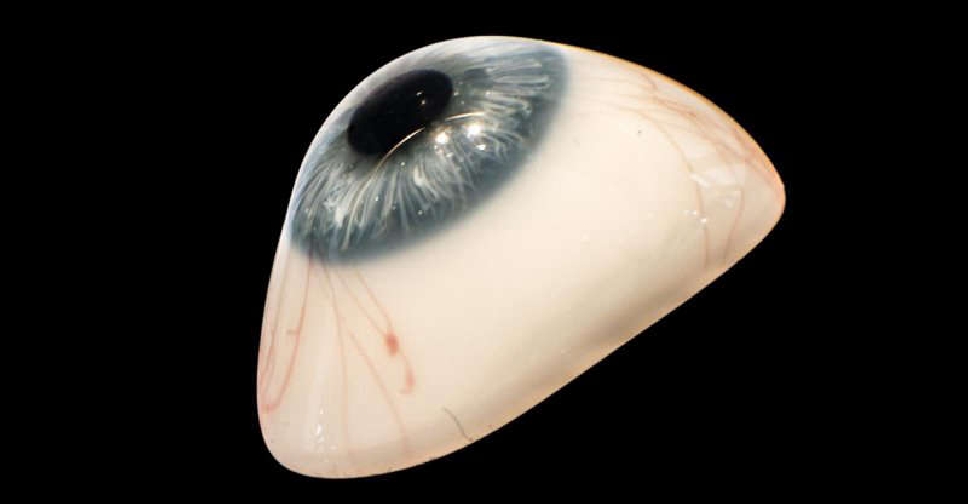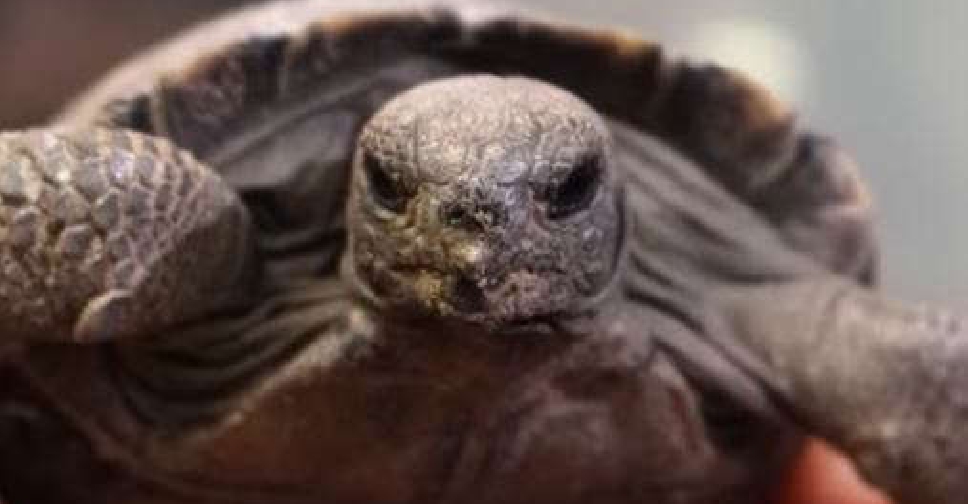
Health officials are issuing warnings as a flesh-eating bacteria responsible for the deaths of eight people in the United States has raised concerns for swimmers during the summer months.
The Vibrio vulnificus bacteria, discovered in brackish water - where freshwater meets saltwater - and raw or undercooked seafood can induce an illness termed vibriosis, potentially leading to life-threatening wound infections.
During warmer conditions, its prevalence increases, allowing it to enter the body through open sores or wounds while individuals swim in contaminated waters. Subsequently, necrotising fasciitis can develop causing tissue around a wound to perish. According to the Centers for Disease Control and Prevention (CDC), it can also swiftly spread to healthy tissue.
According to the Florida Department of Health, five individuals in Florida have succumbed to the bacterium among a reported 26 cases. Additionally, one person in Long Island and two in Connecticut have also fallen victim, as per local media reports.
Governor Kathy Hochul is urging residents to remain alert to the hazards of swimming or consuming food in areas where the bacterium might be present.
"As our investigation progresses, it is imperative that all New Yorkers remain watchful and adopt responsible precautions to ensure their safety and that of their loved ones. This includes safeguarding open wounds from contact with seawater and, for those with compromised immune systems, refraining from consuming raw or undercooked shellfish, which may harbor the bacteria," stated Hochul.
The State Health Department has advised individuals with compromised immune systems to abstain from consuming raw or undercooked shellfish, such as oysters. To stave off vibriosis, those with wounds, such as cuts, scrapes, recent piercings or tattoos, should evade exposing their skin to warm seawater in coastal settings or shield the wound with a waterproof bandage, officials have indicated. Moreover, wearing gloves when handling raw shellfish and thoroughly cleansing hands with soap and water upon completion is crucial.
It is important to note that the bacterium does not spread from person to person. Nevertheless, those exhibiting symptoms such as nausea, vomiting, fever and lesions are advised to promptly seek medical attention.
According to the CDC, last year, the aftermath of Hurricane Ian led to a surge in vibriosis cases in Florida, as the storm system triggered sewage discharge into the ocean, elevating levels of Vibrio vulnificus.




 China pits humanoid robots against humans in half-marathon
China pits humanoid robots against humans in half-marathon
 Scientists find strongest evidence yet of life on an alien planet
Scientists find strongest evidence yet of life on an alien planet
 Unclaimed luggage firm finds 'Goonies' script, Rolex, glass eye
Unclaimed luggage firm finds 'Goonies' script, Rolex, glass eye
 LeBron James becomes first male athlete with Ken doll
LeBron James becomes first male athlete with Ken doll
 Galapagos tortoises become first-time parents aged 100
Galapagos tortoises become first-time parents aged 100

